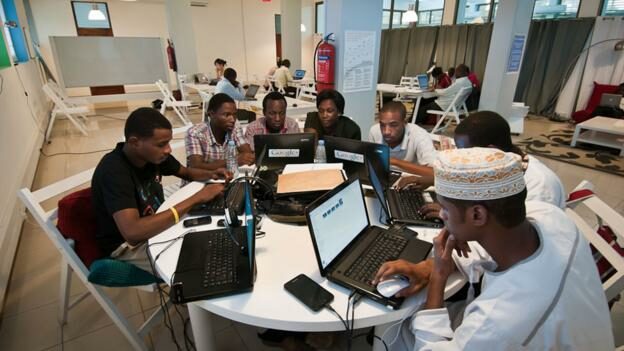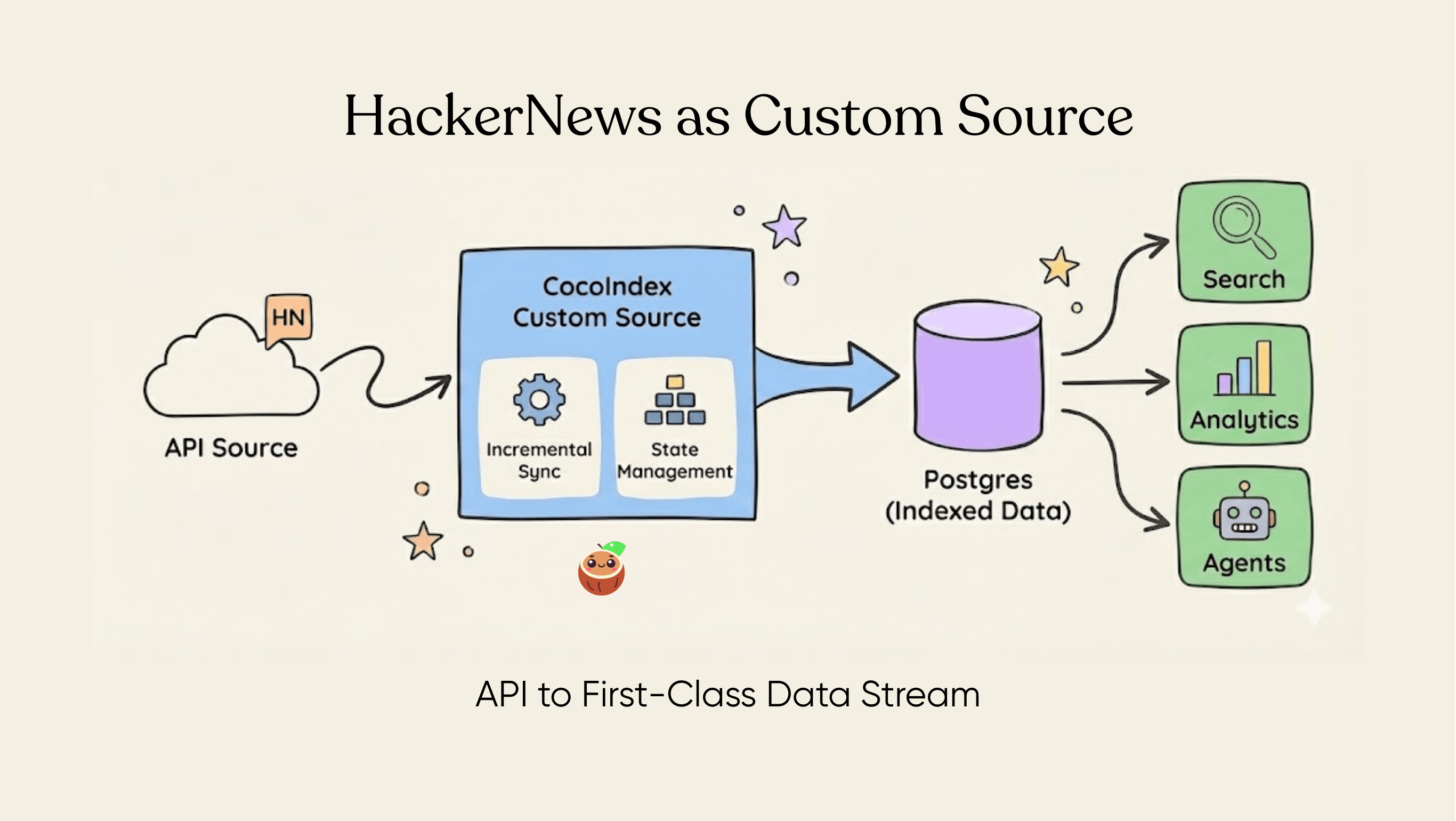7 African startups reinventing healthcare, employee management, e-commerce, and education
Startups On Our Radar spotlights African startups solving African challenges with innovation. In our previous edition, we featured seven game-changing startups pioneering payments, artificial intelligence, commerce, and mobility. Expect the next dispatch on October 10, 2025.
This week, we explore seven African startups in the edtech, healthcare, human resources, and ecommerce sectors and why they should be on your watchlist. Let’s dive into it:
1. PaveHQ wants to guide every student from education to career with one platform (Edtech, Nigeria)
PaveHQ is a technology-driven platform that helps students discover academic and career pathways. Students first create a profile, upload key documents, including transcripts or degree certificates, and then gain access to a robust search function that lets them filter schools by cost, location or academic interests. Applicants can select and apply to up to 10 international universities or colleges at once without navigating each school’s website. It also includes features, like direct messaging with PaveHQ staff, automated payment, and live AI chat support.
A one-time platform fee of $150, separate from the application fees collected by universities, lets users apply to three institutions. Additional applications cost $50 each. If a student is admitted into one of the partner universities, Pave HQ earns a commission on the student’s tuition.
[And the portion about careers?] – (He hasn’t launched it yet. It’s in the plan. I added it to ‘why we’re watching’)
Why we’re watching: In 2024, over 20,000 Nigerian students enrolled at US colleges and universities alone, a 13.5% increase from the previous year. What sets PaveHQ apart from other global school application platforms, such as ApplyBoard and Common App, is the integration of deeper guidance tools alongside school applications. PaveHQ plans to integrate a Career Pathway Automation System (CPAS) into its platform. This system uses psychometric testing to help students understand their strengths and preferences, and then matches them with professional counsellors for personalised advice on course selection and future career paths. The platform also intends to integrate job matching and another product, which allows university students to search and apply to internships.
2. Fertitude wants to make reproductive healthcare accessible for African women (Healthcare, Nigeria)
Fertitude started in 2023 as an anonymous community for women. After realising the need to connect people to the care they needed through the anonymised conversations, Fertitude transformed into a healthcare product that makes it easier for women to access reproductive care. Its app can be used to track menstrual cycles, receive information about women’s bodies, and provide a marketplace of health experts that women can connect to when they require their services. These professionals include gynaecologists, psychologists, pelvic floor physiotherapists, or nutritionists.
The platform also has an AI health assistant that allows women to prompt issues that worry them and ask questions about bodily fluids. This AI assistant keeps tabs on such prompts and other logs input into the app. It uses this information to recommend the next best steps to take or connect the user with health specialists. This AI model is trained on medical information and learns a user’s history with each prompt.
Why we’re watching: The startup differentiates itself from its global competitors, such as Flo, popularly used across Africa. Fertitude is positioning itself as more than a period tracker. The startup bets that it is a more culturally sensitive platform tailored to African women, and that it provides an extra layer of support. Fertitude runs a free and premium subscription model, starting from ₦2,500 ($1.70) a month, compared to Flo’s monthly $11.49. This subscription includes additional features absent in the free model, including having a doctor on standby to speak with. The startup also collects a commission on consultations booked through the app. The startup plans to integrate a loan financing model for users who need to access credit for healthcare procedures. Since it launched its app in 2024, it has onboarded 6,000 women.
3. Peercheck wants to be Africa’s Glassdoor (HRTech, Nigeria)
Peercheck is building what its founder(s) call the “data layer for the African workforce”. The platform was built to fill the data gap in Africa’s labour and workforce sectors. Insights about job interview experiences, company work culture, and salary data across roles and industries in Africa are sparsely available. Peercheck wants to provide this data to help job seekers be more prepared and informed about companies they intend to work for.
The startup does this by enabling employees or contractors to leave comments on their experiences. The platform has two layers: one where professionals can drop reviews about their company, and another where companies can reply to comments about their organisation and manage their reputation.
Why we’re watching: Peercheck intends to integrate a data-as-a-service (DaaS) layer where data can be translated into insights. The startup plans to roll out its platform by the end of October. Peercheck also plans to integrate peer-to-peer assessment, where professionals can write endorsements about a user, similar to LinkedIn’s ‘recommendations’ feature. Local online job platform, Careers24, experimented with this idea in 2016; however, the company packed up in 2019 due to it not gaining the expected traction in Nigeria’s job listing market. Peercheck bets that by focusing on its reviews feature, rather than being a job board, it can soar where competitors didn’t.
4. Yogupay wants to be Africa’s cross-border payments backbone (Fintech, Kenya)
YoguPay is building a payments infrastructure designed to make cross-border trade faster and cheaper for African businesses. Founded in 2023, the startup connects banks, fintechs, remittance providers, and even Web3 platforms to both traditional rails and digital asset infrastructure through a single API. Businesses can use YoguPay to open virtual and multicurrency International Bank Account Numbers (IBANs) accounts that enable African businesses to hold US Dollar (USD) and British Pound Sterling (GBP) accounts from Africa.
The platform also enables them to settle supplier payments or receive international payouts within 24 hours. The company is registered with the Financial Transactions and Reports Analysis Centre of Canada and has partnered with African Tier 1 banks and payment processors globally. YoguPay claims to have processed over $500 million in transaction volume to date, serving more than 200 businesses across 30 countries.
It generates revenue from service charges on transaction fees and a subscription model for its wallet as a service product, which lets other financial institutions quickly launch multi-asset digital wallets that support fiat and stablecoins.
Why we’re watching: Africa’s cross-border payments market is projected to reach $1 trillion by 2035. YoguPay is positioning itself as an African-founded alternative to players like Kotani Pay, Yellow Card, and Busha, with competitive and low foreign exchange conversion charges of below 1%. The platform supports over 20 currencies, enables scheduling payouts, and has anti-money laundering rules which flag suspicious transactions, ensuring transparency and safety.
5. LocalEats is helping local restaurants go digital (Foodtech, Nigeria)
LocalEats is a marketplace for local restaurants and vendors. It was built to bring technological advancement to local restaurants, which often run an unstructured business model and are overlooked by digitisation, according to the founder. LocalEats positions itself as the bridge to inclusion in the digital world.
In addition to enabling vendors to establish an online presence, LocalEats provides a backend management service for vendors. This feature allows businesses to manage orders, build trust in the online marketplace, and keep proper records of sales and expenses, providing them with basic data that helps them make better decisions. The bookkeeping feature is manually input through a mobile phone or any internet-enabled device. LocalEats provides these restaurants with staff members who will input their sales figures if the restaurants are unable to. These records are then used to generate an analysis of their expenses and profit margin, allowing for sustainability in the business.
LocalEats has collaborated with other food delivery platforms, like Chowdeck. Vendors on Chowdeck can access LocalEats’ management services and also receive orders through the app, similar to FoodCourt’s presence on Chowdeck. This partnership with Chowdeck ensures that local vendors become more visible on the app through LocalEats’ APIs. The startup generates revenue from the service fee charged on orders.
Why we’re watching: LocalEats is positioning itself as more than an online food delivery service with its bookkeeping and vendor management features. It sees itself as a collaborator, rather than a competitor with other online food delivery platforms. It sets itself apart by targeting local food vendors on the streets and putting structure to an unstructured business model to create sustainable businesses. Since its MVP launch in January 2024, LocalEats has onboarded over 100 vendors across Lagos and Ibadan, and claims to have fulfilled over 30,000 orders.
6. Cofilo wants Africans to shop seamlessly from Temu, Shein, others (E-commerce & Logistics, Cameroon)
Cofilo (originally Mansa) wants to make the process of buying items for international online stores easier. Cofilo combines seamless payment access with logistics to tackle the issues that founder Jim Bakoume noticed with buying items from stores outside his home country. The platform allows users to browse items from stores like Temu, Shein, or Aliexpress, make payments for those items through mobile money accounts, and receive the goods through its logistics partners.
Cofilo does this by acting as a publisher through marketing platforms and APIs like the CG Pro Prints Integration API. This allows the startup to publish international stores on its platform.
Why we’re watching: The platform combines commerce, logistics, and payments to bring goods from abroad to low-access areas in Cameroon. This gives it an edge in the e-commerce and logistics sector. It charges a 15% fee on each order. It also allows tracking of goods from the point of purchase until it is delivered to the buyer. Since its launch in 2023, Cofilo has shipped over 1,600 goods to Cameroon, with an average order value of $100. The startup has also generated a revenue of over $18,000 in the last 12 months.
7. Impulse CRM wants to replace fragmented sales workflow with one software (Customer Relationship Management/SaaS, Nigeria)
Timothy Adeolu founded ImpulseCRM to address the issues with data and infrastructure that he noticed business owners encountered in their operations. ImpulseCRM helps business owners reduce their reliance on fragmented tools and make data-driven decisions. It is a unified platform that can stitch email, calendars, WhatsApp-style conversations and public signals into a single workspace that helps them find and reach customers.
ImpulseCRM has an AI prospecting model that automatically filters and finds customers for business owners. For example, if a business owner wants to find people who are accountants so that they can send targeted campaign messages to them, they can use ImpulseCRM’s prospecting tool. The AI model automatically updates the list of customer prospects when it finds people who fit the consumer profile the business owner sets. It provides information from their LinkedIn accounts, websites, or any publicly available information.
The platform includes other features, such as Word documents, sheets, notepads, and a task manager, to unify a user’s experience. Its AI model is built on popularly available models like OpenAI.
Why we’re watching: Unlike its global competitors, HubSpot and Salesforce, which provide multiple fragmented tools at different prices, ImpulseCRM bets that its unified approach will win B2B and growth-stage startups. Users connect their email and calendar, and ImpulseCRM automatically builds company records from past interactions. It runs a subscription model and occasionally allows credit usage, depending on workflow. The startup has gathered 16 users since its roll-out in September 2024.
That’s all for today. Expect our next dispatch on October 10th. Know a startup we should feature next? Please nominate here.
Mark your calendars! Moonshot by is back in Lagos on October 15–16! Meet and learn from Africa’s top founders, creatives & tech leaders for 2 days of keynotes, mixers & future-forward ideas. Get your tickets now: moonshot..com










